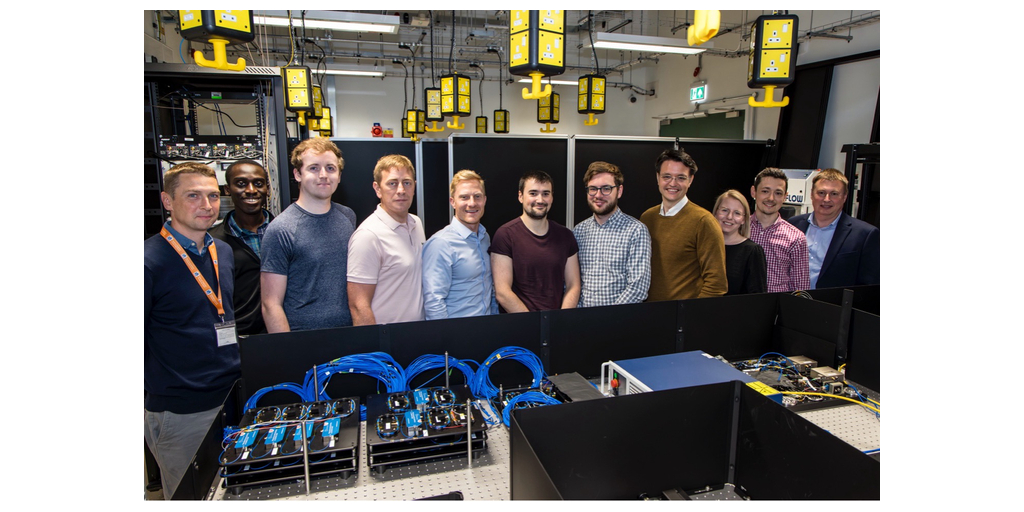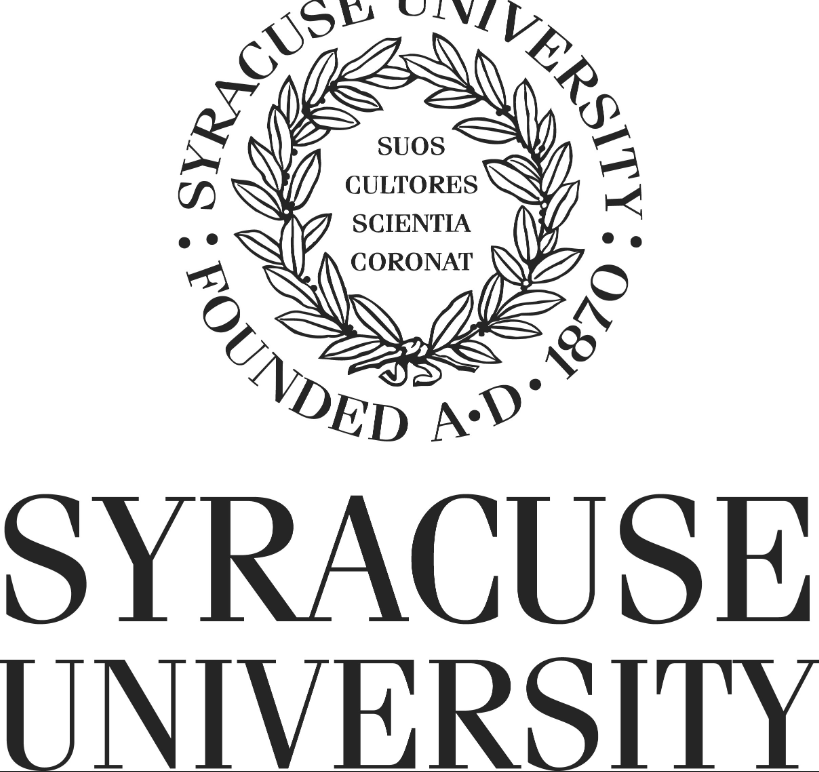Insider Brief
- Collaboration will build the essential foundations for a photonic quantum computer powered by neutral atom technology.
- The partnership includes: PASQAL, Sorbonne Université, France; Pixel Photonics GmbH (PIX), Germany; The Institute of Photonic Sciences (ICFO), Spain; and Institut d’Optique Théorique et Appliquée (IOTA)
- The processor will use light as a carrier of quantum information using a continuous variable quantum computing approach.
PRESS RELEASE — PASQAL, a leader in neutral atoms quantum computing, today announced a collaboration with Sorbonne Université, France; Pixel Photonics GmbH (PIX), Germany; The Institute of Photonic Sciences (ICFO), Spain; and Institut d’Optique Théorique et Appliquée (IOTA), France to build the essential foundations for a photonic quantum computer powered by neutral atom technology. The project will be funded by the Pathfinder-2023 challenge grant of the European Innovation Council.
Coordinated by the Multimode Quantum Optics group, at Sorbonne Université, the collaboration will use the power of neutral atoms to develop the foundations of a quantum processor that will use light as the carrier of quantum information, using a promising approach known as continuous variable quantum computing. This approach to quantum computing relies on the wave-like nature of light rather than discrete quantum bits associated to the particle behavior.
Light has the intrinsic ability to carry large amounts of information over long distances with low loss rates, operating at room temperature. These properties make light a great candidate for scalable quantum computers. However, photons, the particles of light, do not interact with each other naturally, a feature that represents a big challenge to build quantum processing units, since interactions are required to carry out operations and create quantum circuits.
The PANDA consortium aims at building the foundations of a photonic quantum computer through the interaction between quantum of light—or photons— with a specially ordered assembly of neutral atoms. PASQAL architecture uses highly focused lasers called optical tweezers to manipulate neutral atoms and arrange them in 2D and 3D arrays of any configuration.

“As leaders in neutral atoms quantum processing, we are excited to be part of this consortium. Innovations to our technology will help push forward quantum computing, together with experts in photonics. We are convinced that our atoms, provided by nature, will be optimal in this undertaking,” says Loïc Henriet, CTO at PASQAL.
The technique under development by the consortium will enable them to manufacture exotic states of light with unprecedented efficiency by putting together their expertise in engineering and studying both atomic ensemble and quantum light. Combining with novel high-efficiency light detection with advances in nano-photonics, the PANDA partnership will develop the building blocks of photonic quantum computing.
Wladick Hartmann, CTO Pixel Photonics: “Providing a toolbox for the deterministic creation of exotic states of light will enable new and exciting quantum computing schemes. We are thrilled to provide the necessary innovation in photon detection to enable this new and exciting approach.”
“This project is very exciting scientifically, as it addresses one of the main bottlenecks of the otherwise very promising platform of quantum computing with non-classical light,” says Nicolas Treps, Professor at Sorbonne Université, Multimode Quantum Optics group, and coordinator of the project.
About the institutions involved in the consortium
Sorbonne Université (SU) is a world-renowned French
The Institute of Photonic Sciences (ICFO) is a leading Spanish institute specializing in frontier photonics research, training the next generation of scientists and technologists, and providing knowledge and technology transfer. The Theoretical Quantum Nanophotonics Group, led by Prof. Darrick Chang, has significant expertise in proposing novel platforms for quantum atom-light interfaces and elucidating such systems’ applications and physical phenomena.
Pixel Photonics GmbH (PIX) is a leading German nanophotonics SME founded in 2021 as a spin-off from WWU Münster by Nicolai Walter, Dr. Wladick Hartmann, Dr. Fabian Beutel, Martin Wolff, and Christoph Seidenstücker with the goal to commercialize highly-scalable single-photon detectors. Applications for Pixel Photonics’ technology range from optical quantum computing, quantum key distribution, and microscopy to metrology and sensing. The company consists of an international team with 20 FTEs supporting a unique technological approach to single-photon detection combining scalability with high detection efficiency at very high speed. This makes new applications feasible and helps scale the number of channels in quantum computing or data rates in quantum cryptography without increasing technical complexity. To learn more about Pixel Photonics, visit www.pixelphotonics.com.
Graduate School (IOGS) is a leading French institute bringing together all activities related to photonics: research, training, innovation, business creation, consulting and industrial development. The Quantum Optics group at IOTA led by Prof. Antoine Browaeys and Dr. Igor Ferrier-Barbut, is one of the world leaders in the physics of highly-controlled arrays of individual neutral atoms.
PASQAL is a leading French Quantum Computing company that builds quantum processors from ordered neutral atoms in 2D and 3D arrays to bring a practical quantum advantage to its customers and address real-world problems. PASQAL was founded in 2019, out of the Institut d’Optique, by Georges-Olivier Reymond, Christophe Jurczak, Professor Dr. Alain Aspect, Nobel Prize Laureate Physics, 2022, Dr. Antoine Browaeys, and Dr. Thierry Lahaye. PASQAL has secured more than €140 million in financing to date. To learn more about PASQAL, visit www.pasqal.com.
If you found this article to be informative, you can explore more current quantum news here, exclusives, interviews, and podcasts.




















